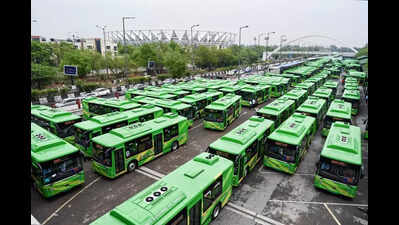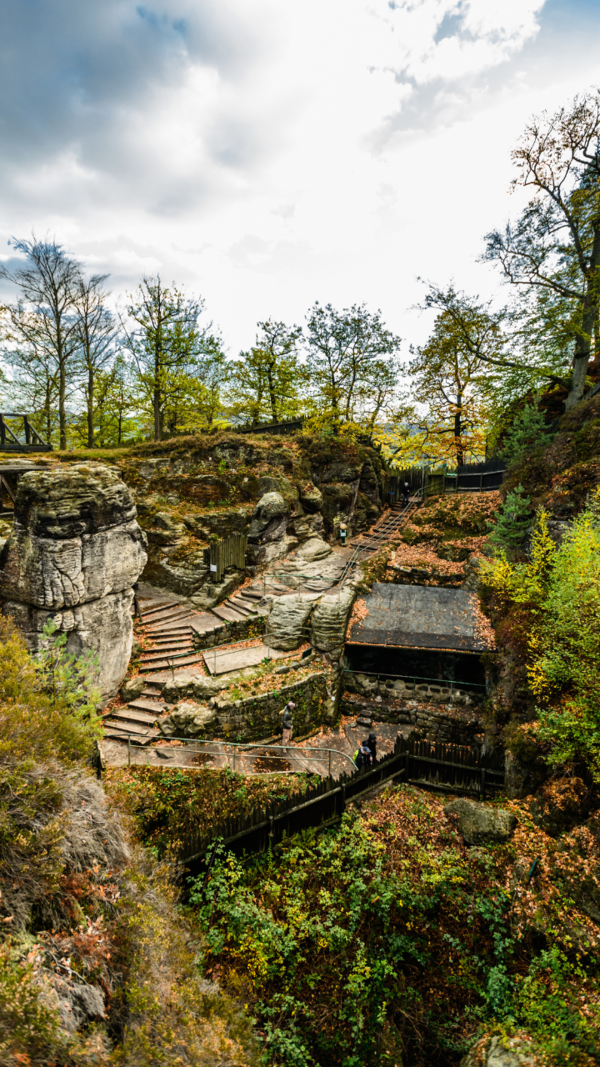- News
- E-buses linked with rapid railstns for better last-mile link
E-buses linked with rapid railstns for better last-mile link
New Delhi: To improve last-mile connectivity, Regional Rapid Transit System (RRTS) has integrated air-conditioned electric city buses operating on various routes in Delhi with the Namo Bharat stations. Initially, three routes connected to the operational stations, New Ashok Nagar and Anand Vihar of the Delhi Section, were mutually identified.
These buses, while operating on their usual routes, make a stop at Namo Bharat Stations' dedicated drop-off lanes, allowing commuters to easily board and deboard. The three identified routes include New Ashok Nagar Namo Bharat Station to Anand Vihar ISBT, Anand Vihar ISBT to Ashok Nagar Border, and Ashok Nagar Border to Mayur Vihar Phase-3 Paper Market.
These buses operate on these routes between 6.30 am and 11 pm, connecting areas like Chilla Village, Sapera Basti, New Kondli, Dallupura, Ghazipur Village and Mandi, Dharamshila Crossing, and Trilok Puri to the Namo Bharat network. "This seamless integration has made high-speed travel to Ghaziabad and Meerut more accessible for residents in these localities," said an official of National Capital Region Transport Corporation (NCRTC), which is executing the Delhi-Ghaziabad-Meerut corridor.
The official said NCRTC was making continuous efforts to provide fast and environment-friendly travel options to and from Namo Bharat stations. "E-rickshaws and last-mile service providers like Rapido are already operating at several stations in Ghaziabad. Now, the integration of electric buses started under the Devi (Delhi Electric Vehicle Interchange) scheme marks another step forward in this direction," said the official.
End of Article
Follow Us On Social Media








